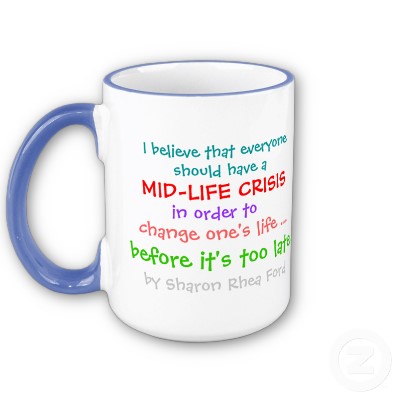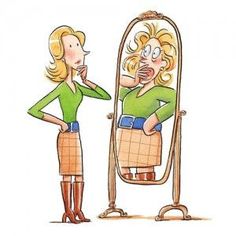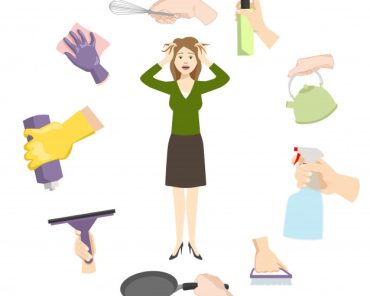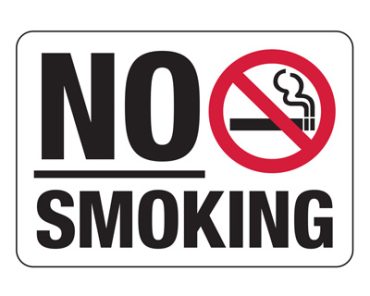By Suhana Keeranthodika
Midlife crisis and the habit of happiness to overcome it!
I have been noticing that when we get older we have lots of pains, and also, companions who are growing older with the same feeling, We feel like every day we get more and more burdened. Recently, I have listened to many of my friends, relatives and even my mother who is having unbearable stress. Anxiety might have been in life before, but what keeps changing is our age along with patience to understand our own body/mind changes. For every despair befall my fellow ladies blame themselves, leaving self-worthlessness behind!
I know I will also experience this pain sooner, it is just because, now I am feeling great and so I can learn, listen and console. Talking and listening is a major treatment method in psychology. Simultaneously, I have started educating myself and my loved ones about the transitional effects which are going to come in our mind and body when we get older. As a result, I wanted to share my knowledge with you too.
Everything is simple, life also, overthinking leads things complex and in turn to anxiety. Transitions are inevitable. Men and women have to go through lots of passages, and among them, psychological transitions will be harder to handle. Women who are already more predisposed to hormonal imbalances and change issues have to go through many more like, the normal quarter-life crisis, midlife crisis, and menopause issues, etc.

Midlife crisis event may happen from the years of 45-64. Mid-life crises remain about 3-10 years in men and 2-5 years in women. The event is described as a psychological trauma being begun by circumstances, for instance, a person’s increasing age, inevitable death, and possible misfortunes or incomplete accomplishments in life. It starts by producing feelings of grief, shame, and worry, or an immense wish to obtain youthfulness or create radical changes to prevailing lifestyle. A midlife crisis could occur anytime, it need not have to be after 45. In developed countries, the condition is observed to happen earlier at the age of 35 to 40.
It is really essential to recognise the distinction between a mid-life crisis and a mid-life stressor. Mid-life is the time of life from 45 years where a character is often assessing his or her own life more frequently and it ends up in despair. At the same time, many mid-life anxieties are often identified as a mid-life crisis. Everyday stressors are expected to add up and be thought of as a crisis, but in reality, it is simply an extra tension for the time being.
Many middle-aged grown-ups undergo major life events, such as the death of a loved one, or a career setback, children moving out of the house, and more. Studies indicate that some societies may be more fine-tuned to this phenomenon than others; one found that there is little proof that people experience midlife crises in Japanese and Indian cultures, increasing the question of whether a mid-life crisis is essentially a cultural contrive. A mid-life crisis could be caused by ageing itself, or ageing in combination with changes, problems, or regrets over:
- work or career (or lack thereof)
- spousal relations (or lack thereof)
- maturation of children/moving of children(or lack of these)
- aging or death of parents
- physical changes linked to ageing
A woman’s crisis happens because of their personal evaluations of roles. A psychologist explains that a crisis can arise in a person’s early 20s too when they usually try to map out their whole life, but this study is contradictory. But, late in between the years 50 and 60, the crisis is obvious in some cultures at the time of illness or even when the thought of death comes. Such a perspective can be changed by convincing a middle-aged person that their life needs to be lived better.

Individuals experiencing a mid-life crisis may feel the following symptoms:
-
- An intense feeling of guilt for intentions unaccomplished
- A fear of humiliation among more successful colleagues/friends/family
- Immense desire to attain youthfulness regardless of the present age
- Crave to give more time alone or with certain companions only
- An intensified sense of their sexuality or lack of it
- Boredom, uncertainty, hurt or anger due to their dissatisfaction with their marital, work, health, economic, or social status
- Driven to correct the failures they believe they have undergone early in life
- Physical variations that usually transpire while these years are weight gain, wrinkles, drooping skin, hair loss.
Overcoming Midlife Crisis through habits of happiness

Regular exercise and sustenance of a nutritious diet may benefit to control one’s physical and mental health while these years of transition. Also, meaningful differences made prior early in life may hinder one from having a mid-life crisis. Developing some happiness habit; small actions to enhance everyday wellbeing is sure to work. For instance,
1. Note good things that happened: At the end of every day, note a few good things happened that same day. By nurturing this habit you will experience more gratitude to Life and when you look back later at bad times, it can add up happiness.
2. Look for the good in people: Instead of gossiping and concentrating on the negatives of others, watch the goodness in them. Everyone will have some positive point. When a second person notice and appreciate that, there is a chance for that person and yourself to grow better and happier.
3. Practice positive parenting methods: If you’re a parent, try to bestow your child how to find effective solutions to uncertainties. No parents are content, all of them will have their own breakdowns and quarrels, and sometimes it happens to be in front of children. Make sure you let them see how you resolve and remain together caring each other happily.
4. Find your strengths and use them: When we put our strengths into practice, we’re usually energised and feel at our best. Identify your best traits – if you cannot find it yourself ask help of friends and family if necessary – and use them! For example, at the midlife years you will have lots of free time, brush an old passion like writing, crafting, sewing, gardening later then try to make it a simple earning so that you will take it seriously and will have a routine day to day life that soothes anxiety.
Whenever I face a dilemma I think about Helen Keller, She said: “The world is full of sufferings, it is also full of the overcoming of it”. This helps me self-motivate and deal with it.





